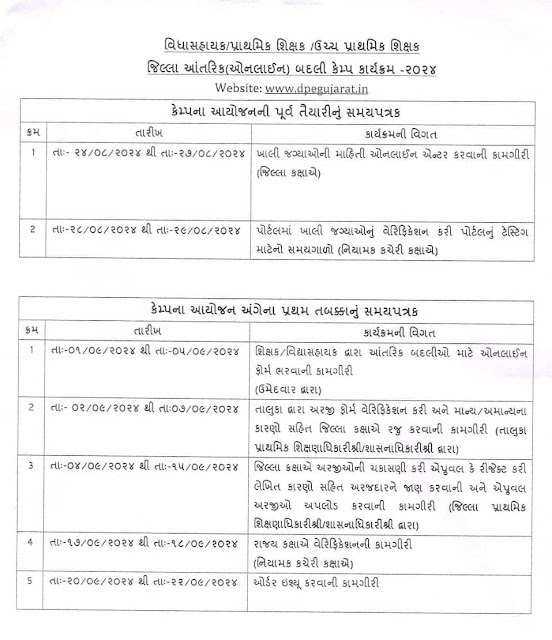Tat exam 29/07/2018 levai hati te rad karvama avi che . Juo official press note ane kone fariyad kari hati ane kon dosi hato teni vigat pan juo
Ajj nu gyan
On 1 September 1939, the Second World Warbegan with the German Invasion of Poland, and two days later the United Kingdomdeclared war on Germany.[19] On 31 August, the headquarters of the 7th Infantry Division gave up command of its troops. O'Connor and the divisional staff then left Jerusalem bound for Cairo, Egypt. From Cairo, the men moved forward to Mersa Matruh arriving on 7 September. The headquarters was then assigned all troops based there, with the exception of the 7th Armoured Division.[12]The British Official Historian, I. S. O. Playfair, comments that this decision was undertaken to relieve the burden on Lieutenant-GeneralHenry Maitland Wilson, GOC British Troops Egypt, of "direct control of operations which had been his in addition to the command of all troops in Egypt".[20] Due to the logistical problems in maintaining substantial forces across the Western Desert and on the Libya–Egypt border, Mersa Matruh was the forward British base of operations and supplied by rail. Positioned 200 miles (320 km) west of Alexandria and 120 miles (190 km) from the border, the location had been chosen to shield forward Royal Air Force (RAF) landing strips behind it and to defend the Nile Delta. Mersa Matruh also offered the British the strategy of drawing Italian or other forces forward to them, to allow a counter-attack after they ran into supply difficulties.[
Ajj nu gyan
On 1 September 1939, the Second World Warbegan with the German Invasion of Poland, and two days later the United Kingdomdeclared war on Germany.[19] On 31 August, the headquarters of the 7th Infantry Division gave up command of its troops. O'Connor and the divisional staff then left Jerusalem bound for Cairo, Egypt. From Cairo, the men moved forward to Mersa Matruh arriving on 7 September. The headquarters was then assigned all troops based there, with the exception of the 7th Armoured Division.[12]The British Official Historian, I. S. O. Playfair, comments that this decision was undertaken to relieve the burden on Lieutenant-GeneralHenry Maitland Wilson, GOC British Troops Egypt, of "direct control of operations which had been his in addition to the command of all troops in Egypt".[20] Due to the logistical problems in maintaining substantial forces across the Western Desert and on the Libya–Egypt border, Mersa Matruh was the forward British base of operations and supplied by rail. Positioned 200 miles (320 km) west of Alexandria and 120 miles (190 km) from the border, the location had been chosen to shield forward Royal Air Force (RAF) landing strips behind it and to defend the Nile Delta. Mersa Matruh also offered the British the strategy of drawing Italian or other forces forward to them, to allow a counter-attack after they ran into supply difficulties.[




